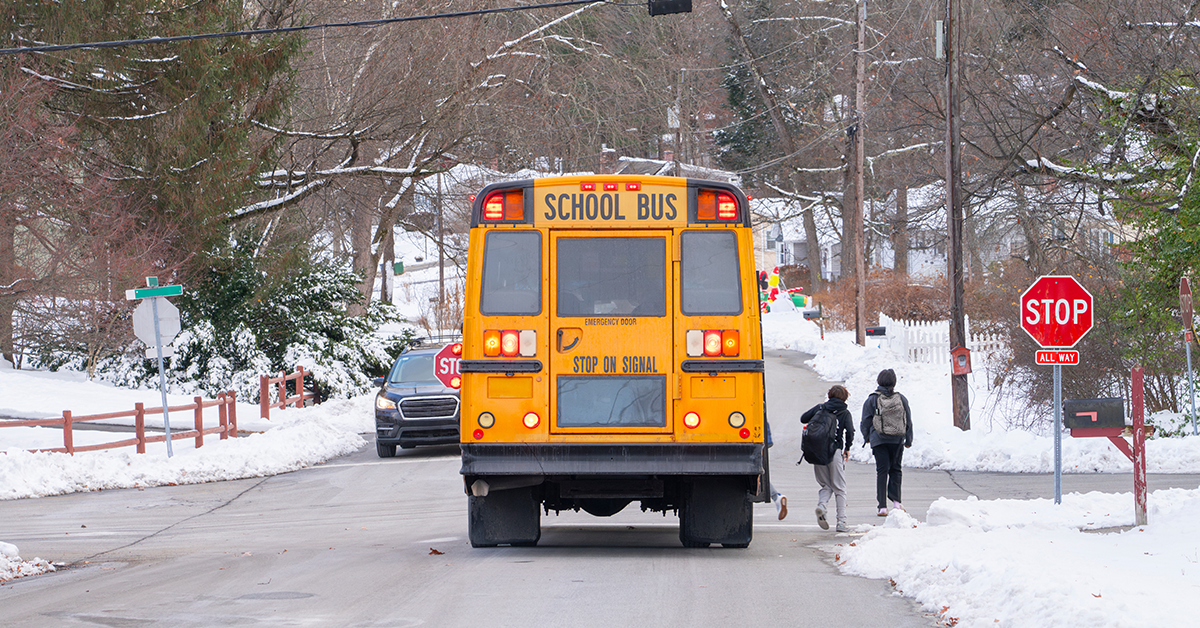A child’s passing is an immensely painful experience – no monetary recovery could adequately address such a tragic loss by a parent. However, our justice system provides remedies to hold accountable those responsible for such unimaginable loss. Thus, it is important to understand your rights if your child’s death resulted from the actions or carelessness of another party.
Watch The Video
You may be eligible to file a wrongful death claim or lawsuit. Doing so allows you to seek financial compensation for various losses associated with the loss of a child, ad in some instances, even prevent another family from suffering a similar loss.
What is Wrongful Death?
Wrongful death laws vary from one state to another. The specifics of the wrongful death statute in your state may not be exactly the same as those in another state.
For example, in Massachusetts, wrongful death occurs in the following circumstances:
- A person negligently causes someone else’s death
- A person engages in “willful, wanton, or reckless” behavior that results in someone’s death and would have permitted them to seek compensation via a claim or lawsuit had they lived
- Someone operates a “common carrier” of passengers (such as a bus company) and negligently contributes to cause the death of a passenger
- Someone operates a common carrier of passengers and engages in willful, wanton, or reckless behavior that results in someone’s death and would have permitted them to seek compensation via a claim or lawsuit had they lived
- Someone is responsible for a breach of warranty (that must meet certain criteria) resulting in another person’s death
The executor or administrator of the deceased’s estate is the one responsible for filing a wrongful death claim or lawsuit in Massachusetts. In the case of a child’s passing, their parents would typically be the ones to initiate a case.
Wrongful Death Examples
The best way to determine whether you have a valid wrongful death case is to speak with a legal professional. They can review the details of your case and help you better understand potential legal options.
That said, reviewing certain basic examples of wrongful death scenarios may shed some light on when it’s possible to file a claim or lawsuit. Examples to consider include:
- You’re involved in a car wreck with your child in the vehicle. The crash resulted from the negligent behavior (such as speeding, driving under the influence of alcohol, etc.) of another party. You may be eligible for compensation if your child passed away in the wreck.
- Your child’s doctor fails to diagnose a medical condition in a timely manner. As a result, your child doesn’t receive treatment that might have saved their life. If the doctor’s negligence rises to the level of malpractice, you could file a claim or lawsuit.
- A children’s product or toy fails due to a defect. If this failure results in your child’s death, you may have grounds to seek compensation by filing a claim against the product’s designers or manufacturers.
Discussing your child’s passing can itself be emotionally traumatic. That said, it’s essential to contact a legal professional sooner rather than later if you want to learn about whether you have a case. Due to the statute of limitations, you may not be eligible to receive compensation if you don’t file your lawsuit by a particular deadline.
The specifics of the wrongful death statute in your state may not be exactly the same as those in another state.
Compensation Available After a Child’s Wrongful Death
The specific types of compensation you may receive when filing a wrongful death lawsuit after a child’s passing can depend on a variety of factors. For example, in Massachusetts, the parents of a child who died due to someone else’s negligence or actions may seek compensation for such losses as:
- Funeral and burial expenses
- Any “conscious suffering” your child may have experienced as a result of their injuries before succumbing to them
- Loss of your child’s companionship
Those are just some examples. Punitive damages may also be recovered if your child’s death resulted from someone’s wanton or reckless behavior.
Be aware that assigning a dollar value to the losses you may experience when a child dies can be very challenging. In addition, when building a case, you must gather evidence proving your child’s death resulted from another party’s carelessness. You may also have to enter into negotiations with the insurance company or responsible entity if they refuse to offer a fair settlement early in the claims process. If a fair settlement is not offered, litigation and potentially trial will be the remaining options.
You don’t have to handle these tasks alone. At Swartz & Swartz, P.C., a Boston wrongful death attorney is available to offer the compassionate representation you deserve now. Learn more about what we can do for you and your family during this painful time by contacting us online or calling us today at (617) 742-1900 to set up your free case evaluation.
Need Help?
If you or someone you know, needs help from a lawyer, contact the law offices of Swartz & Swartz, use our live chat, or send us a message using the form below and we’ll get in touch to assess your case and how we can help.
Keep Reading
Want more? Here are some other blog posts you might be interested in.





